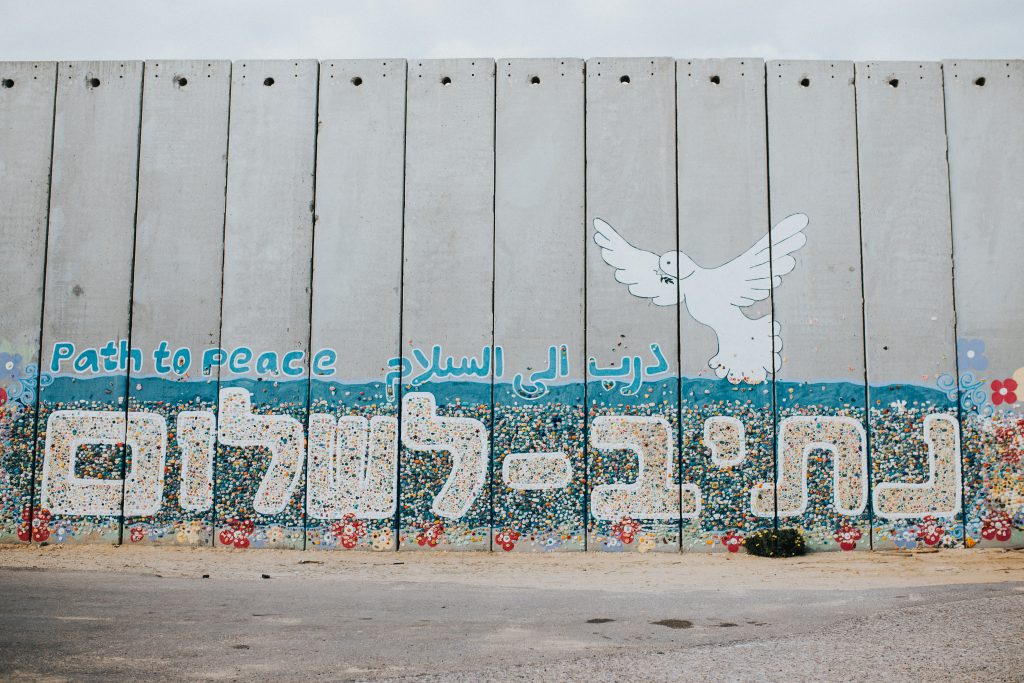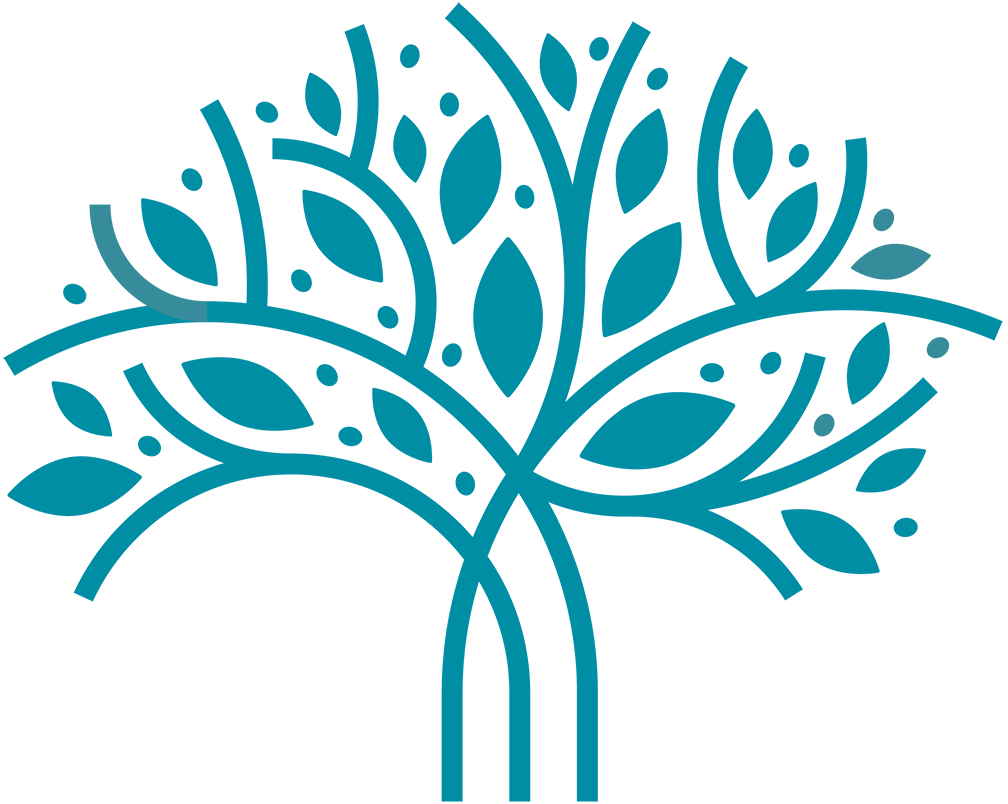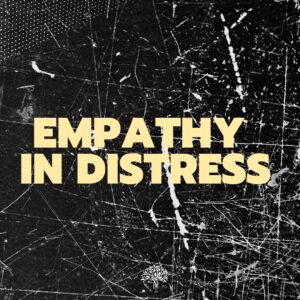
Building a national identity implies, above all, the construction of a common culture, an understanding of the past and present that binds a group of people all together. It implies, as such, sharing common traditions, culture and language.
It is indeed language to primarily constitute the most important “requirement” for national identity. As shown by a 2017 poll conducted by the Pew Research Center, roughly 80% of Hungarians, British and Dutch believe that the possibility and the ability to speak in their country’s official language is pivotal to consolidate one’s belonging to it.
Still, as scholars, researchers or analysts, we are aware that when defining the causes of conflicts, people tend to undervalue the role played by language or better, language barriers.
Conflicts that include linguistic barriers are no news; we have seen them through the struggles of the 1983-2009 Sri Lankan Civil War. We keep seeing them through the struggles of the Turkish Kurds, the Amazigh people in Southern Libya, and recently through the revival of the war in Ukraine. Today, the struggles of Palestinians are still no exception.
…”when defining the causes of conflicts, people tend to undervalue the role played by language or better, language barriers.”
Federica Sammali
Once again, language is a crucial factor that keeps influencing the outcomes of the Israeli-Palestinian conflict. A factor about which not enough ink has been spilled, even when possibly representing the key to an ultimate resolution.
But how has language evolved for Palestinians?
Nowadays, both Palestine and Israel rely on English for day-to-day communication with each other. As a matter of fact, going through checkpoints or any negotiating passage requires to operate in English, despite the large use of Hebrew and Arabic in any other formal and informal context of citizens’ daily life.
Knowing the long history and traditions of this territory, such development is far from being uncanny. To some extent, the English Empire’s colonial rule over the land between 1922 and 1948 has left its hallmark. This was the time in which English, Hebrew and Arabic all together constituted the official languages of the Palestine Mandate. After independence was declared in 1948, the role of English ceased to be right next to that of Arabic and Hebrew, which both remained de facto official languages in the territory.
Nevertheless, English has maintained until today the privilege of being a medium between native Hebrew and Arabic speakers, who still feel more comfortable using the language which shares the most of the past colonial burden when having to speak to their counterpart.
So which language has the ultimate priority?
In truth, the linguistic state of affairs in the currently partitioned Palestine and Israel is far more composite and diverse than the simple Arabic-Hebrew opposition.
To begin with, while Arabic holds the status of official language of the state of Palestine, nowadays Israel considers Hebrew as the sole official language in its territory, having stripped Arabic of the title in 2018. A first conflictual overlapping thus arises especially in Israel’s claimed areas of East Jerusalem and the West Bank, where it is no surprise that Palestinian Arabic is the most spoken language, given that 83% of the population in these areas are Palestinian Arabs.
Arabic is not an official language in Palestine’s occupied territories since 2018. An outspoken threat to Palestinian cultural heritage.
Further, some minor language divisions are internal as well: they are concerned, for instance, with the different varieties of Arabic used in Palestinian and Israelis’ claimed territories. In addition to the widely spoken Palestinian Arabic, standard Arabic, Bedouin Arabic and Judeo-Arabic gather many speakers that are not sometimes able to communicate with each other. For example, speakers of Palestinian Arabic and those of Bedouin Arabic cannot always understand one another.
Similarly, Israeli Jews do not always speak Hebrew; many of them speak Yiddish, some even French and English. Instead, the use of Arabic seems to be rather narrow for Israelis: according to a report published in 2015, proficiency in Arabic saw a die-off among Israeli Jews generation after generation. Most participants in the survey also stated that the importance of learning Arabic would have been security related; a statement that certainly leaves aside all the cultural and historical heritage embodied by this language.
Recently, despite the attempts at making Arabic more accessible among Israelis, its use remains scarce in the social sphere. Many public institutions, daily facilities and even cultural venues currently do not provide services in Arabic language.
Hebrew and Arabic – why not both?
Overall, recognizing such linguistic and cultural divisions means acknowledging that any claim of a single and unitary state which tends to exclude the State of Palestine from the charter is practically impossible. Jewish and Palestinian communities in the contested territories bear miscellaneous linguistic and thus ethnic, cultural and religious understandings, which consequently translate into the existence of different national identities.
Our hopes are today set in the creation of generations of bilingual and, by consequence, bicultural communities of Palestine and Israel. These communities may comprise distinct populations of Hebrew-Arabic speakers that will learn to understand each other’s cultural heritage as well as accept their individual divergences. Hopefully, that will be the starting point of an ultimate and stable peaceful coexistence between Palestinian and Israeli different and yet overlapping collective identities.
Federica Sammali




